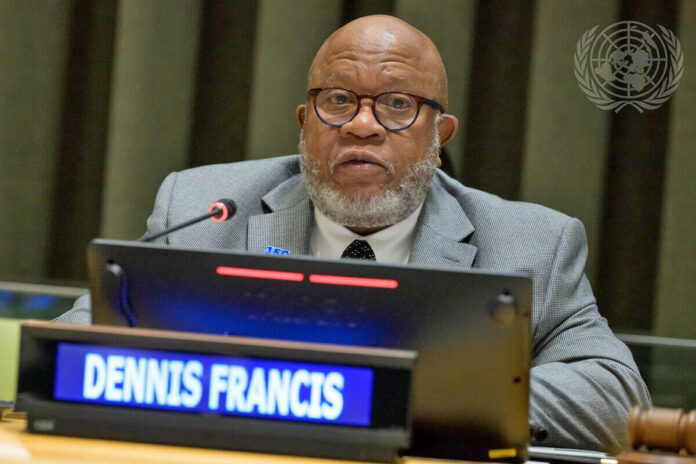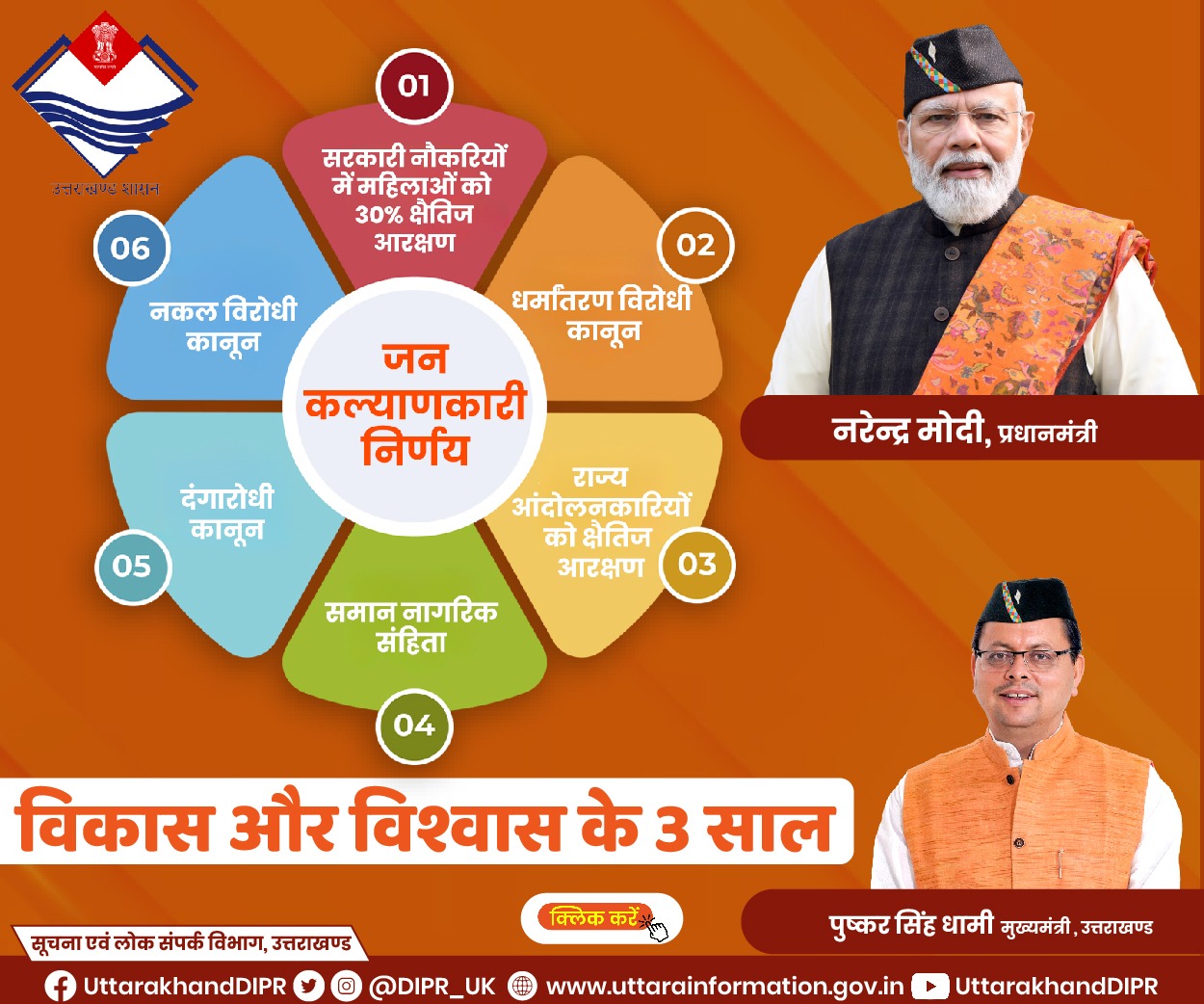New York: Denis Francis, the President of the United Nations General Assembly, has highlighted the importance of updating and democratizing the UN Security Council. He believes that it’s no longer appropriate that only five countries hold exclusive powers in the Security Council. Francis argues that efforts to reform the UN should focus on adapting this influential body to the realities of the 21st century.
In an exclusive interview, President Denis Francis pointed out that the Security Council’s composition was established a long time ago when the world’s political landscape was very different. Back then, many countries, especially those in the Global South like his own Trinidad and Tobago, were not directly represented but were instead represented by colonial powers like Britain. Francis acknowledged that the world has changed significantly since then, with democracy spreading worldwide and the United Nations recognizing the need to reconsider and reshape the Security Council.
While acknowledging the ongoing reform process, Francis raised concerns about the five permanent members, which are China, France, Russia, the UK, and the US, all of whom have veto powers. He found it problematic that only these five nations could exercise such powers within the Council. While ten countries are elected to serve rotating two-year terms in the 15-member council, only the permanent five have veto power. President Francis stressed the importance of making the Security Council more inclusive to ensure its effectiveness in the 21st century, especially given the changing global landscape and the need for swift decisions, especially on matters related to human rights and humanitarian concerns.
India, the world’s most populous country, has consistently advocated for reforming the Security Council. India argues that the current composition of the Council doesn’t accurately represent the geopolitical realities of the 21st century. India’s Permanent Representative to the UN, Ambassador Ruchira Kamboj, stressed the need to expand the Council’s membership, both in permanent and non-permanent categories. She argued that such an expansion would align the Council’s structure and decision-making processes with the contemporary geopolitical landscape. Kamboj called for a Security Council that better reflects the geographical and developmental diversity of the United Nations.
India also emphasized the importance of moving beyond the Inter-Governmental Negotiations (IGN) in the General Assembly, underscoring the need for a clear, time-bound reform process. The international community was called upon to engage in constructive dialogue based on written proposals rather than unproductive exchanges, as seen in the past.
President Denis Francis noted some positive developments, including a General Assembly resolution passed two years ago, which requires any permanent member using its veto to explain its decision to the Assembly. This innovation aims to enhance transparency and accountability within the Security Council. While formal talks have yet to begin, President Francis expressed optimism that progress has been made, as discussions and positions have been documented on paper, providing a foundation for future dialogue and reform efforts.



